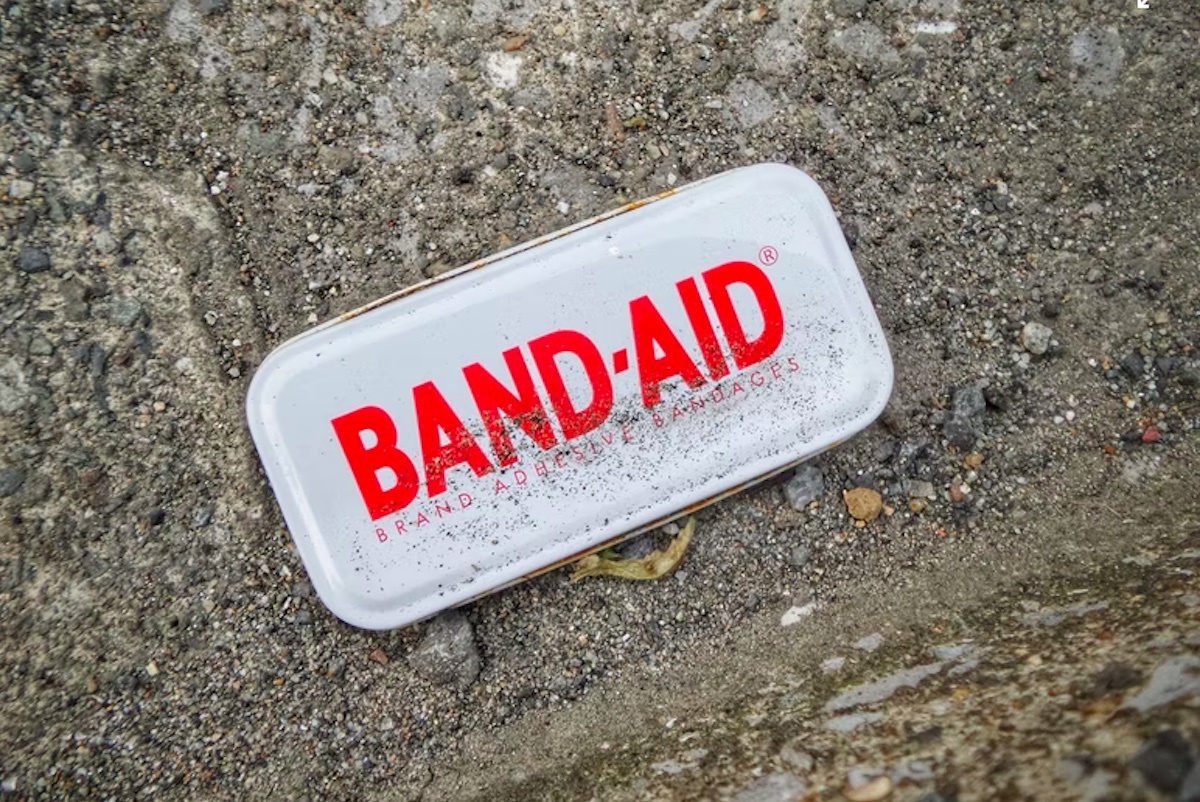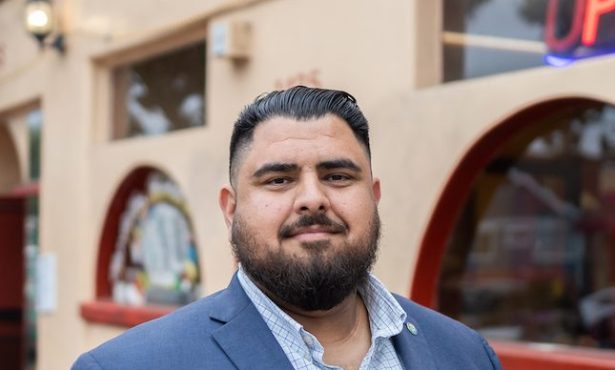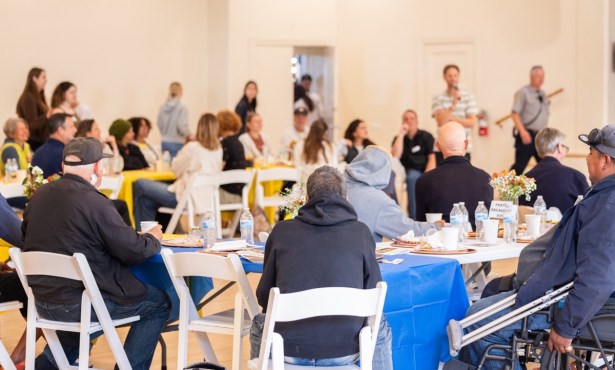Poodle | Do Black Band-Aids Cost More than White Ones in Santa Barbara?
Ketanji Brown Jackson’s Confirmation Hearing Delays Poodle’s Quest for Facts

OUCH: In prior days, it would have been precisely the sort of tip to have arrived mysteriously “over the transom.” But these days, transoms are extinct. Instead, I got this tip the new-fashioned way: an email message on my office laptop that forwarded a copy of a text message sent from someone else’s “mobile device.”
It was a photo of band-aid boxes — I use the lowercase here because it involves a specific brand name being used in the generic sense — lined up in a slightly disheveled row in a Rite Aid located somewhere in the indeterminate interstices between Goleta and Noleta. Two boxes in the photo’s left contained “Ourtone” bandages, which are designed to match the skin tones of Black Americans. To that end, Ourtone produces bandages that come in three distinct shades of brown.
To their right were three brands offering what used to be referred to as “flesh-tone” bandages, but only, it turns out, if you happened to be a Caucasian American. There are no gradations of white for White people to choose from. They either get the standard model or the models with Disney cartoons. I did not see any Disney imagery on the band-aids made for Black people.
Band-Aid began making adhesive bandages for Black people in 2005 but gave up three years later because of lack of customers. Ten years later, heated arguments erupted in Sweden and Denmark — of all places — over whether beige “flesh-toned” bandages were, in fact, racist. The answer, of course, was yes. Somehow, Pippi Longstocking’s pet monkey got dragged into the fray.
Then, in 2020, in the wake of mounting outrage at the number of unarmed Black people being shot and killed by law enforcement officers, Johnson & Johnson — most famous these days for poisoning new moms and their infants with talcum powder products that cause cancer — reintroduced a version of their pigmentation-appropriate product. This was Ourtone, which is frequently written as “OURTONE,” as if using all capital letters might atone for decades of discrimination. Johnson & Johnson spokespeople pledged to dedicate some portion of the proceeds to organizations like the National Black Nurses Association.
Here’s the kicker. The OURTONE bandages — or at least the ones in the photo — sell for $4.99 a box. The same-size boxes that contain your standard operating pinkish-beige Caucasian — a term that’s fallen out of favor since Russia invaded Ukraine — sell for less. The Rite Aid brand box immediately to the right of the OURTONE products sold for $4.19.
The unnamed person who sent this missive over my theoretical transom posed the following question: “Why does Rite Aid charge 25 percent more…?” Then he or she or maybe they suggested the price differential could be seen as “a tax for being Black or Brown.”
Sign Up to get Nick Welsh’s award-winning column, The Angry Poodle delivered straight to your inbox on Saturday mornings.
To be honest, I have not reported this matter into the ground. I visited the Rite Aid on the Mesa and saw no OURTONE products at all. I ducked into the CVS by Calle Laureles and managed to greatly irritate a store clerk wearing a red jacket with a white heart on the back by asking where the band-aids for Black people were. I can only tell you they weren’t there either. Independent reporter Jean Yamamura called the Rite Aid on Milpas Street and was assured by the hurried man on the other end that the price was the same for both.
All I can say is: likely story.

It seemed perversely appropriate that I would get such a note just as Judge Ketanji Brown Jackson was getting the third degree by the Senate Judiciary Committee. By the time you read this, she most likely will have become the first Black woman confirmed to serve on the nation’s highest bench. She would also be the first public defender and first Floridian. Given who we are today and who we haven’t been in our past, this qualifies as a genuine pinch-me moment.
I was busy not reporting the band-aid story so I could catch some of Jackson’s testimony. Naturally, Republican stalwarts Ted Cruz and Lindsey Graham raked her over the coals on hot-button cultural warfare issues such as critical race theory, soft-on-crime sentencing for child porn, and whether she’d been too vehement in her defense of alleged terrorists still locked up in GITMO back when she was a public defender assigned such cases. So bilious and bountiful was Lindsey Graham — spuming and sputtering — in all his hypocrisy that he should be declared a natural resource. And Senator John Kennedy from Louisiana, a one-man Southern smarm offensive, couldn’t have been more racist if he had unsheathed the n-word, noting repeatedly just how “intelligent and articulate” he thought Jackson was.
Frankly, I’d wished Jackson had hit it — and them — out of the park. But this is a Moneyball moment; it’s all about getting on base, not hitting home runs. The New York Times described her testimony as opaque and careful. It was. But when it came to what it means to be a judge, Jackson came alive.
It’s not about sentencing by the numbers, she said. It’s all about examining the evidence; looking at the totality of the circumstances, the impact to the victim, and the history of the accused; and balancing the contradictory specifics of all that. It is not a one-size-fits-all judgment.
As I expect, Jackson will win the nod. Should that happen, maybe it won’t matter so much what color our band-aids are. Either way, I still need to find out about the price gap.
Support the Santa Barbara Independent through a long-term or a single contribution.




You must be logged in to post a comment.